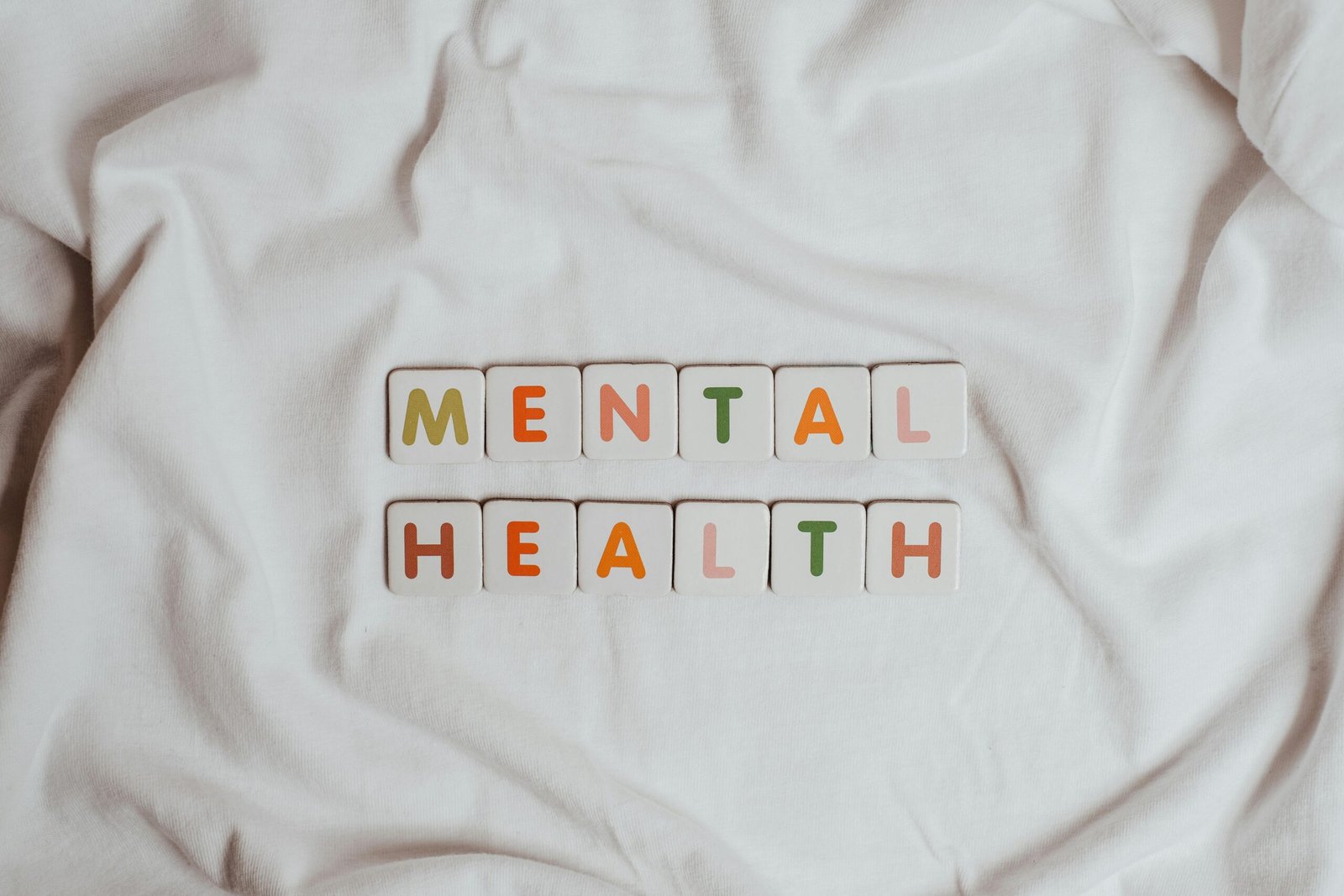Do you ever feel extremely moved by strong lights, slight variations in mood or even by the company of crowds? You could be in a category that has been termed as highly sensitive. This is not an issue of emotions alone because it is a scientifically identified character trait called environmental sensitivity.
A new systematic review and meta-analysis in Clinical Psychological Science (2025) identifies that environmental sensitivity is tightly tied to mental health outcomes and more specifically depression and anxiety.
This study is based on 33 studies and the participation of more than 12,000 people that prove high sensitivity may increase the vulnerability to psychological distress in people.
Defining Environmental Sensitivity.
Environmental sensitivity (also referred to as sensory-processing sensitivity) is the degree to which people respond to both outer and inner stimulation.
Sensitive individuals are very sensitive, they may pay attention more to the little things, get overwhelmed with loudness or emotions, and they may process more deeply.
Approximately, 31 percent of individuals are severely sensitive, 40 percent are moderate and 29 percent are lowly sensitive
In a contrast with widespread personality characteristics including, but not limited to, neuroticism or introversion, the sensitivity is not a generic characteristic, but is rather biological in nature. According to brain imaging and fraternal/identical twin studies, there is a genetic component and some degree of associated activity in portions of the brain involved in empathy and reflection
It does not mean sensitivity is a fault, it is a part of human diversity in the way the world is processed. It however comes with its own challenges.

The link to Mental Health
The new review compared studies that gauged the level of sensitivity using instruments such as the Highly Sensitive Person Scale (HSPS) and the clinical analysis scores of depression and anxiety.
The important findings have been the following:
Association with depression strong
In the case of the meta-analysis, there was a moderate effect size (r =.36), which validates that high sensitivity is a significant risk factor of experiencing depressive symptoms
Strong correlation to anxiety
Sensitivity also demonstrated strong correlation with anxiety (r =.39), and thus very sensitive people tend to have social phobia, generalized anxiety, or panic-related disorders
Other mental problems
Sensitivity showed relationships with obsessive compulsive, PTSD, agoraphobia and psychosomatic symptoms, but fewer studies of each.
Why Does Sensitivity Lead to Vulnerability?
Researchers theorize that the difficulties experienced by sensitive people with mental health could be because of a few mechanisms:
Overstimulated: Sensitive people are sensitive to a lot more things which causes frequent feelings of overwhelm, and a sense of helplessness.
Weight of processing: This can cause the person to ruminate, which exposes him or her to depressive tendencies.
Higher emotional reactivity: Emotional reactivity is so high that a negative mood is likely to last longer and coping skills will further exacerbate this disposition
In small words, sensitivity intensifies positive and negative events. Without support, the disadvantages can outvibe the advantage.
The Silver Lining: Being Sensitive Is a strength
It is not all bad news in the story. Sensitivity also causes people to be more receptive to positive places and interventions.
Therapy outcomes: HSPs respond better to psychotherapy, and academic prevention programs, as well as mindfulness practices
Good things:They tend to feel better when positive things happen, more creative, and more valuing of art and relationships.
This implies that sensitivity is a two-edged sword; a threat in the harsh environment but a useful resource in the good environment.
Mental-health Implications
The results of this meta-analysis present useful conclusions to the collective and guiding principles to the medical community:
Early identification
Sensitivity screening among adolescents can be used to determine those that are more likely to develop depression and anxiety.
Tailored therapy
The clinicians would be able to adjust the therapy depending on the sensitivity level in such a way that the less sensitive clients would be treated in a more caring and supportive manner.
Lifestyle support
Stress reduction, mindfulness, and balance in routines are worth trying to cope with overstimulation of sensitive people.
Reducing stigma
Instead of seeing sensitivity as an irregular personality, it should be viewed as a normal personality aspect that should not be viewed as a problem. This also promotes more people to seek help.
Conclusion
It suggests that being (emotionally) sensitive to the world does have an emotional price to pay: the costs are just as significant as all agreements. With the help of appropriate support, however, these qualities may result in resilience, creativity and improved relationships.
The authors indicate that environmental sensitivity should not be overlooked with regard to mentality health research, prevention as well as treatment. Now is the time we should take an entirely different view of sensitivity so as to regard it as strength of uniquely human nature which, supplemented, can serve to healthier lives.
Reference
Falkenstein, T., Sartori, L., Malanchini, M., Hadfield, K., & Pluess, M. (2025). The relationship between environmental sensitivity and common mental-health problems in adolescents and adults: A systematic review and meta-analysis. Clinical Psychological Science. https://doi.org/10.1177/21677026251348428

